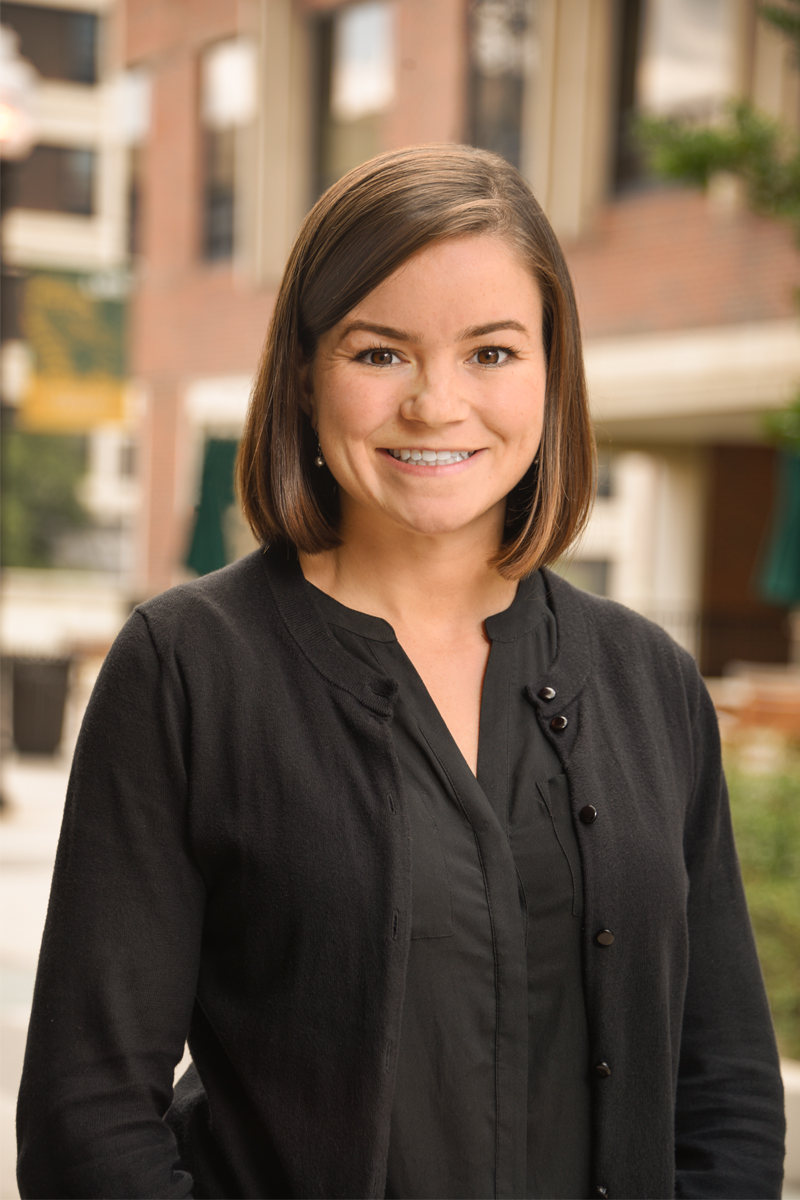The UAB School of Optometry offers advanced clinical education in specialty areas of optometry through three in-house and four affiliated residency programs. Currently, seven residency programs offer a total of 12 positions. Two of the available positions are in the specialty area of Pediatric Optometry. One is an in-house position at UAB, while the other is at the Vanderbilt Eye Institute in Nashville, TN.
A prospective applicant asked Sarah Galt, OD, FAAO, about her experience at UAB as a pediatric resident. The following is her response. If you’re debating the benefits of a pediatric residency, Galt’s comments should be of great benefit.
What were you looking for in the pediatric residencies you applied to and how did UAB’s program help you accomplish those goals?
Going into residency, I wanted to be able to market myself to both hospitals and private practices as a specialist. I wanted to be able to work with kids (the best type of energy) forever and also be able to maintain my skills to see adults. Once I interviewed at UAB I knew it would prepare me in these ways.
UAB gave me a lot of experience with specialty Peds in house, and I maintained my adult skills by still seeing Emergent care patients and routine care for football players, (ages 18-22). The Pediatric components outside of the UAB School of Optometry included many rotations that I will expound on in further questions. Most significant during my evaluation process of this residency were the rotations at Children’s Hospital in both Pediatric Ophthalmology and Pediatric Neurology. As a resident, I was more of a lover of Neuro than Vision Therapy (VT), and Dr. Weise allowed me to limit my VT to one-half day a week, and expand my Neuro interests into working with lots of mTBI clinics to include many UAB sports teams (football, basketball, women's soccer).
Another thing I did not realize I was looking for in a residency, which I now appreciate so much, is that UAB's program turned me into a teacher. There are some seemingly daunting papers and lecture assignments expected of all residents. These taught me how to organize my patient evaluation process; how to communicate with patients, students and parents in a precise and empathetic manner; how to write for optometric journals. Throughout residency, I curated a series of lectures and have been able to present them at Academy as well as SECO, and write for Review of Optometry and Review of Optometric Business. I never would have never pursued those things if it weren't for Dr. Kathy Weise. Preparing case reports for the Fellowship examination within the American Academy of Optometry (FAAO) if a breeze after the work you accomplish in residency.
Do you feel like the residency program met your expectations?
The UAB Pediatric residency went far and above my expectations! The coolest thing about performing a residency at a University is that you have access to so many brilliant minds. Every day a new clinician was down the hall from my office/exam room teaching Peds clinic. Both the Peds professors and the rest of the specialties were incredibly willing to help with complex cases, papers and the stressors of residency life. You are instantly joining a family when you join UAB and I learned more than I could have ever hoped.
If you could go back and do it all over again, would you choose to complete a residency program and what advice would you give yourself at the beginning of your residency?
I 100 percent wish I could do a residency again. Being asked to learn every day is an incredible opportunity. The decrease in income for one year is easily made up in your improved marketability as a specialist. My knowledge of Pediatric specific diseases, my ability to work with infant, non- verbal and special needs patients and my willingness to take on complex Neuro cases would not be what it is without my residency training.
That being said, if you are inclined to practice primary care and refer out most cofounding cases, I'd say you don't NEED the residency. If working with kids, thinking hard to solve puzzles and teaching other students gives you energy, then you do NEED the residency!
How have you incorporated what you learned into the practice you are currently working at (i.e. did you incorporate VT, pediatric disease, BV disorders, etc.) more so than the average practice?
I do not perform VT at my practice, but I do evaluate BV and post-concussion kiddos regularly. I serve a highly Hispanic, primarily pediatric patient population in Denver, Colorado. My population is relatively underserved so despite being in a primary care setting, I do get to see diversity in pathology. In the last two months, I have seen a case of NMO, two cases of psychogenic vision loss, ocular albinism in a 7-month-old and a primary diagnosis of retinitis pigmentosa in a young adult. I guarantee you that the intellectual capability of my non-residency-trained self would have flipped my lid, instead of being able to manage the diagnostics and referrals for each of those cases calmly.
One other very fun part of residency at UAB is your time spent at the Alabama Institute for the Deaf and Blind. This is a clinic at a school for the deaf and blind in Talladega, AL. Because of this rotation, I venture to guess that a UAB Peds resident sees more or as much pathology as any other Peds residency in the country. The doctor that you work with for this clinic is a Peds Low Vision Specialist and is a brilliant doctor and teacher.
